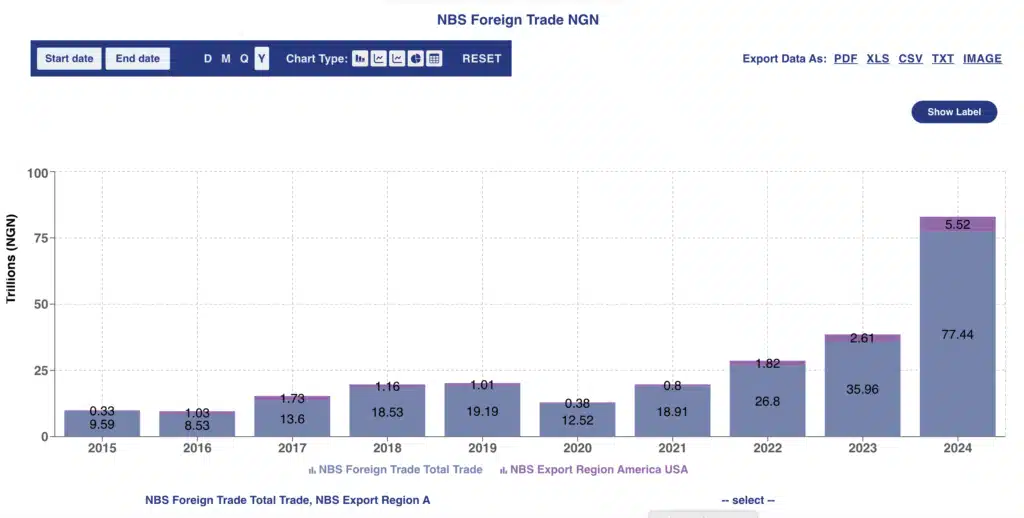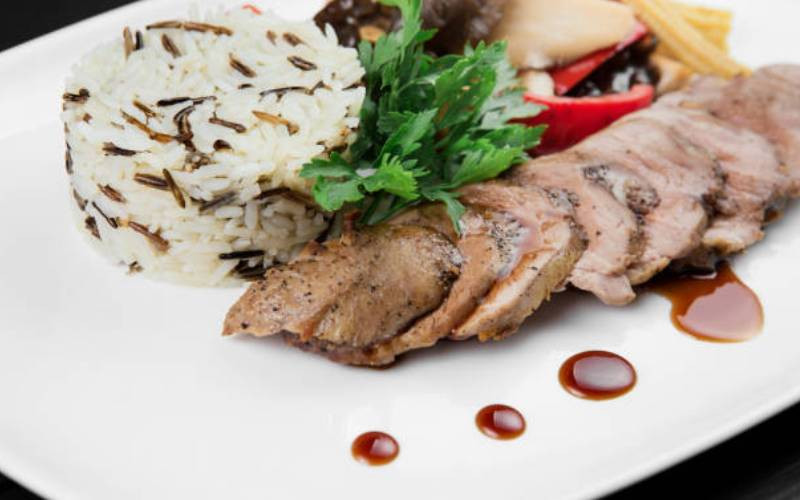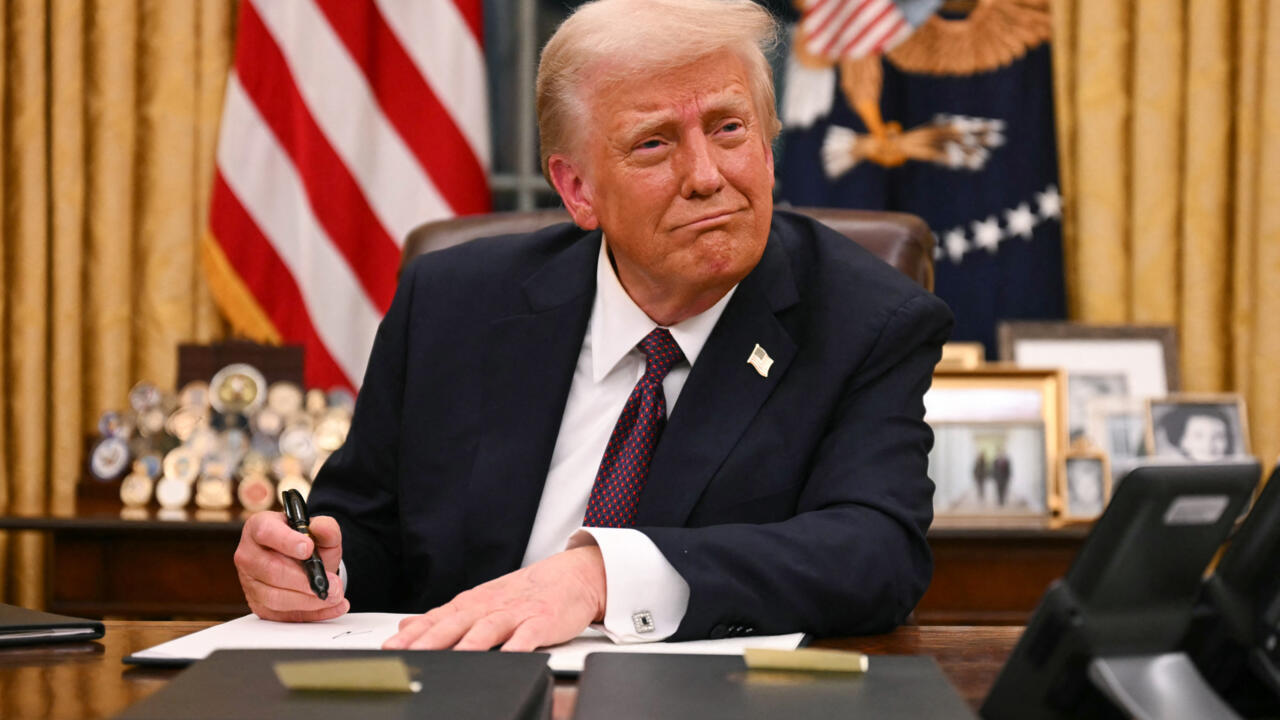will now face a 14% tariff on its exports to the U.S. in response to the 27% tariff the Nigerian government currently imposes on American products. This move is part of Trump’s broader strategy to “supercharge America’s industrial base” and push for “fair trade.”
The announcement at a White House event titled Liberation Day, signals a departure from decades of free-trade principles. The new tariffs take immediate effect and apply to over 50 countries, including key trade partners such as , the European Union, India, and Japan, as well as several African and Latin American nations.
According to Nigeria’s (NBS), trade between Nigeria and the U.S. totaled N31.1 trillion between 2015 and 2024. Within this period, imports from the U.S. accounted for N16.4 trillion, or 8.7% of Nigeria’s global trade. However, Nigeria’s exports to the U.S. have declined in recent years, primarily due to reduced crude oil purchases by American buyers.

Other African countries affected by the new policy include:
Trump’s Make America Wealthy Again strategy introduces a formula of reciprocal tariffs, meaning the U.S. will impose duties equal to half of what a country levies on American exports. Nations with the highest tariffs on U.S. goods—including Vietnam, Cambodia, and Bangladesh—will now face import tariffs between 37% and 49% when exporting to the U.S.
This sweeping policy could have significant consequences for African economies, particularly those benefiting from trade preferences under the African Growth and Opportunity Act (AGOA). For Nigeria, it signals a need to reevaluate its tariff structure or risk losing access to the world’s largest consumer market.











